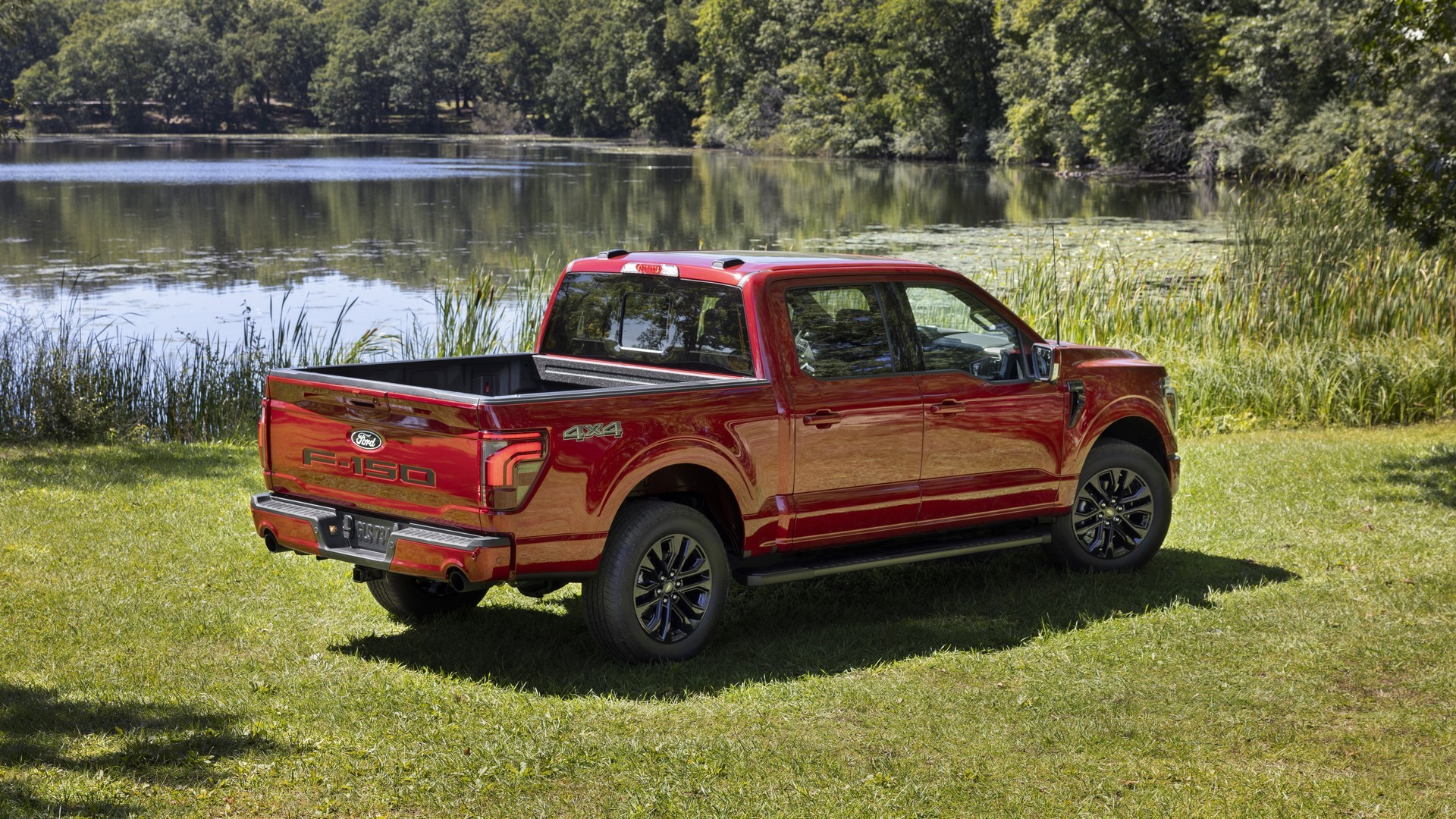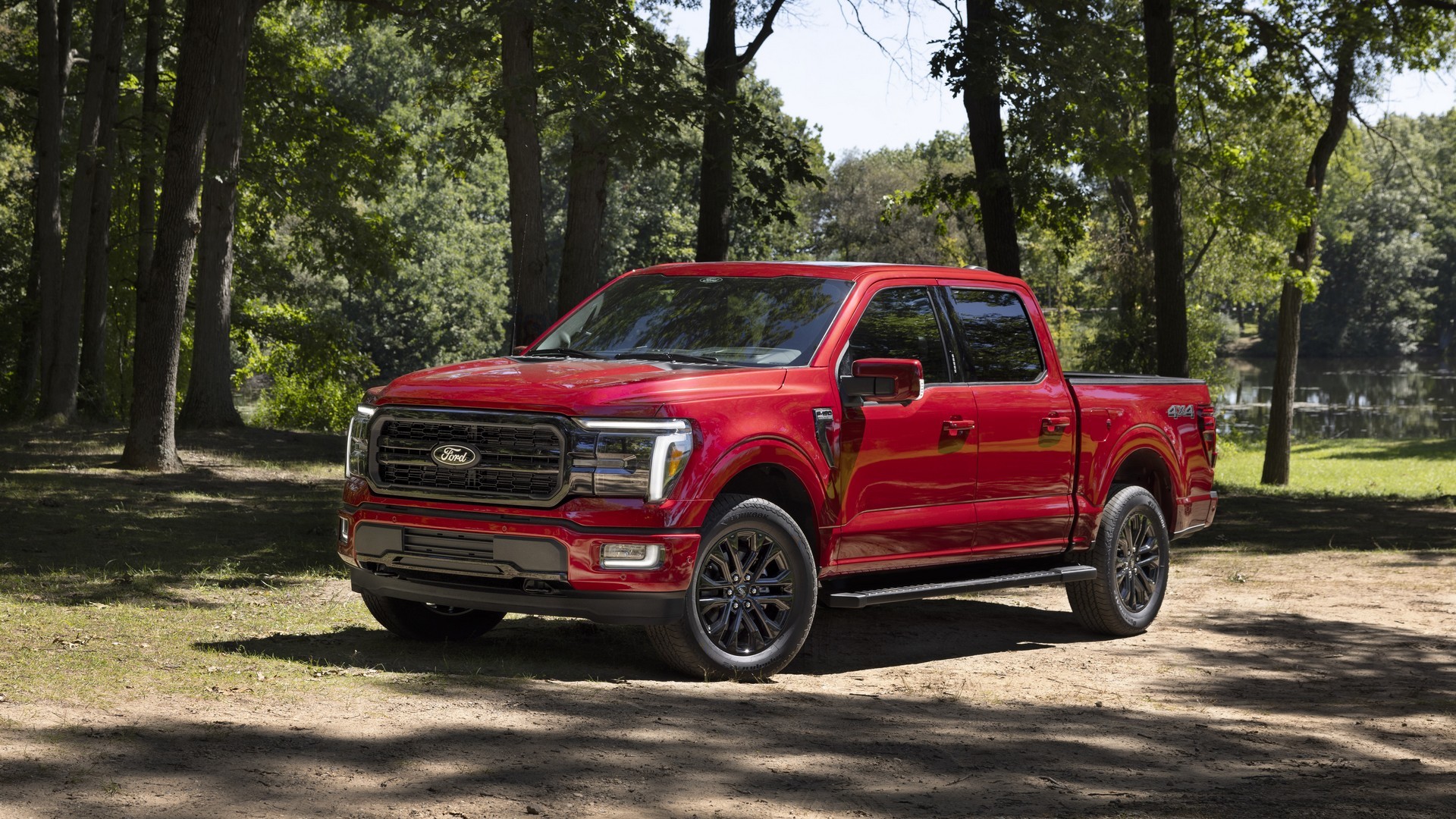Despite a slight decline in sales, the Ford F-Series maintains its dominance as the best-selling truck in the US. The first half of 2024 saw F-Series deliveries reach 352,406, an 8% decrease compared to the same period in 2023.
The F-150 Lightning, Ford’s electric truck, contributed 15,645 units, but the hybrid-powered F-150 PowerBoost outsold it with 33,674 units.
Meanwhile, General Motors is catching up. Chevrolet Silverado and GMC Sierra sales climbed 4.8% and 4.0% respectively, reaching a combined total of 429,884 trucks. This surpasses Ford’s F-Series sales for the first half of 2024.
While the automaker’s total truck sales include light, heavy, and medium-duty models alongside the Silverado EV, the electric variant only managed 2,196 units in the six months.

Meanwhile, combined sales of the GMC Hummer EV pickup and SUV reached 4,597. When it comes to non-electric trucks, Ram lags with a significant 20% decline compared to last year’s first half, selling 179,526 units compared to 223,049.
While the transition to 2025 models might have played a role, Ram’s pricing strategy also raises questions.
Their most work-oriented Ram 1500, priced at $40,275, sits higher than competitors like the Ford F-150 ($36,965) and the Chevrolet Silverado 1500 ($36,800).
This pricing might explain the lower sales for Ram’s non-V8 option, which replaced the 5.7-liter HEMI engine with a twin-turbo I6 called Hurricane.
The American truck market is a battleground dominated by domestic giants like Ford and General Motors. Yet, Toyota’s Tundra has carved out a successful niche within this segment, consistently outselling its closest foreign competitor, the Nissan Titan.
While FCA US LLC, the American arm of Stellantis, struggles with a reputation for high-priced offerings and potential quality issues under CEO Carlos Tavares’ focus on cost reduction, Toyota seems to be striking a better balance between features, performance, and value.

